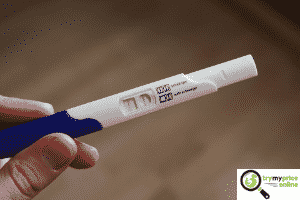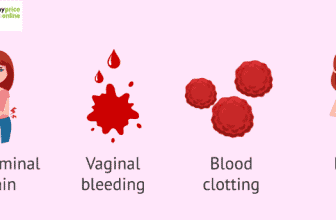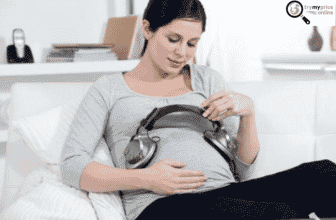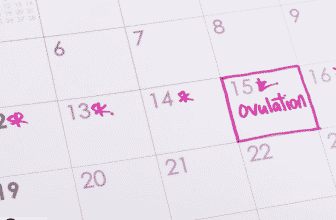
Is a chemical pregnancy a rainbow baby? Having a positive pregnancy test is a life-changing experience. But what if a follow-up test comes back negative one or two weeks later? There’s a good chance you’ve had a chemical pregnancy. A chemical pregnancy is a miscarriage that occurs less than five weeks after the embryo is implanted. So is a chemical pregnancy a rainbow baby?
Related: What week of pregnancy am i in

extremely faint line on pregnancy test barely visible
Is a chemical pregnancy a rainbow baby?
Because the embryo stops growing, a chemical pregnancy terminates prematurely.
It’s not the same as a clinical pregnancy, when a fetus can be seen.
But that doesn’t rule out the possibility of a chemical pregnancy.
Finding out you’re expecting a child might make the experience feel more real.
When one of your eggs and a sperm connect, but the result isn’t an embryo, it’s called a chemical pregnancy.
You’ve technically conceived, which is why a pregnancy test may come up positive.
You can get your pregnancy test from amazon
Related: Unisom for pregnancy nausea and how to use it
However, if no trace of an embryo develops on a subsequent ultrasound, you most likely had a chemical pregnancy.
The term “rainbow baby” refers to a child born after a miscarriage, stillbirth, medical loss, or natural infant loss.
A rainbow baby is born after a rainbow pregnancy, which is often marked by mixed feelings such as dread, relief, and even guilt.
Although the rainbow baby-to-be brings parents great joy, they never forget about the baby they lost.
When they announce rainbow babies, they frequently mention that child — their “angel.”
Related: Pregnancy test with salt

different types of pregnancy test
A rainbow baby and a memorial to miscarriages
When you get pregnant again after losing a child,
Doctors say it’s crucial to recognise your grief and communicate your combination of excitement and dread.
According to studies, sadness following a miscarriage is no less strong than grieving after other losses, and it can last even longer.
Furthermore, pregnancy loss, particularly one that occurs early in the pregnancy, Can be extremely isolating.
Some mothers claim that their loss was not completely acknowledged by relatives and friends,
While others claim that they wished for a burial for their departed child but were denied the opportunity.
There are limited opportunities for parents to express their feelings and recognise their pregnancy losses in today’s society.
Do not be afraid to ask your doctor for a referral to a mental health expert or counselor who can assist you through this trying time.
It’s critical to look after yourself and give yourself time to heal.
Postnatal depression, post-traumatic stress disorder (PTSD), depression, anxiety,
And sleeping difficulties are all more common in women who have lost a baby.
Don’t put too much pressure on yourself to recuperate on your own or to “get over it.”
Instead, actively seek help from your doctor and, if you have one, your partner,
As well as family and friends, who may be exceptionally patient and caring.
Connecting with other parents who have lost a baby in group therapy or on social media, according to some parents, is beneficial.
Related: Rexall pregnancy test faint line and what may it mean

In the end, the above article answers your question: is a chemical pregnancy a rainbow baby? in detail, and remember that you need to see your doctor even if you get a positive pregnancy test, and that’s just to make sure that you’re really pregnant.
References:







